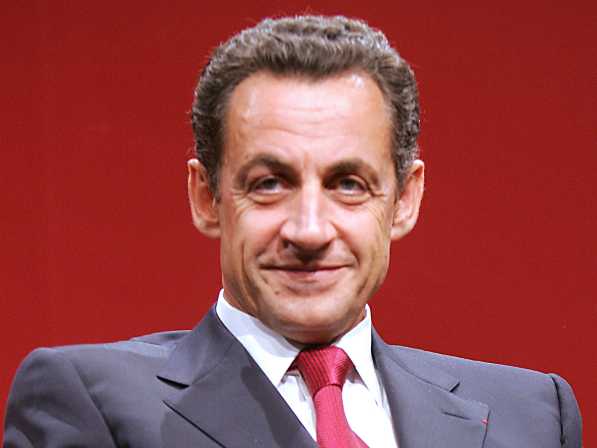ROUNDUP: French workers strike and protest amidst rising tension
 Paris - A one-day general strike of French workers from the private and public sectors to protest the economic policies of President Nicolas Sarkozy began late Wednesday when employees of the national railway network SNCF walked off their jobs.
Paris - A one-day general strike of French workers from the private and public sectors to protest the economic policies of President Nicolas Sarkozy began late Wednesday when employees of the national railway network SNCF walked off their jobs.
The SNCF said that only about half of its scheduled long-haul and regional trains on average were expected to be running during the strike.
In addition, the commuter rail service between Paris and its suburbs was also expected to be severely disrupted, but the capital's bus and metro service would probably be little affected.
Thursday is also likely be a holiday for most French primary and secondary school students, as union officials say that some 60 per cent of teachers would be striking.
Street protests were scheduled to take place in more than 210 cities throughout France, significantly more than during this year's first nationwide labour protest, on January 29.
The second nationwide job action of the year takes place amidst an atmosphere of mounting anger after a series of controversial factory closures and layoffs in France by German tyre manufacturer Continental, Japanese electronics giant Sony and French petroleum group Total.
Statements made by the head of the employers' association MEDEF, Laurence Parisot, served only to fuel the tension.
On Tuesday, Parisot slammed union leaders for their behaviour, accusing them of "demagogy" and "creating illusions" by organizing the strikes and protests.
Bernard Thibault, the powerful head of the CGT trade union, responded by accusing Parisot of "demonstrating throwback behaviour and making the situation more tense."
The head of the opposition Socialists, Martine Aubry, called Parisot's statements "indecent and ... perhaps even undignified."
Sarkozy's refusal to raise tax ceilings for France's highest earners, urged even by members of his own centre-right UMP party, has also contributed to the increasingly sour mood here.
"I was not elected to raise taxes," Sarkozy said Tuesday.
However, more and more French voters are turning against the president, with a recent survey showing that a large majority of the French have no confidence in his economic policies, and three of four saying that the nationwide job action is justified.
The strike is to begin late Wednesday when employees of the national rail network SNCF walk off their jobs.
According to union figures, some 2.5 million people took to the streets to demand a change in the government's economic policies that day.
The scale of the demonstrations impressed even Sarkozy, who shortly thereafter announced aid in the form of tax relief and other measures for low-income families worth 2.6 billion euros.
There will be no such response this time, Prime Minister Francois Fillon said, noting that because of its bailout packages for the French banking and car manufacture sectors the government could not afford to incur any more debt. (dpa)